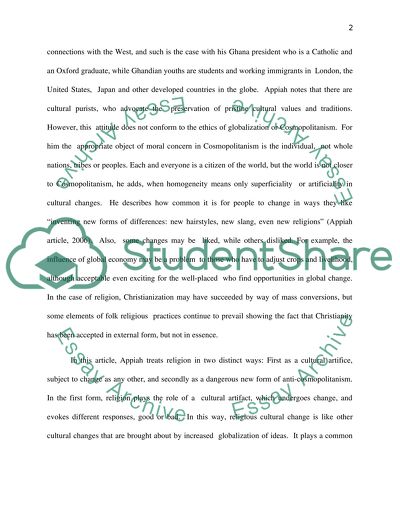Cite this document
(“Religion in Contamination Essay Example | Topics and Well Written Essays - 1250 words”, n.d.)
Retrieved from https://studentshare.org/religion-and-theology/1462174-religion-in-contamination
Retrieved from https://studentshare.org/religion-and-theology/1462174-religion-in-contamination
(Religion in Contamination Essay Example | Topics and Well Written Essays - 1250 Words)
https://studentshare.org/religion-and-theology/1462174-religion-in-contamination.
https://studentshare.org/religion-and-theology/1462174-religion-in-contamination.
“Religion in Contamination Essay Example | Topics and Well Written Essays - 1250 Words”, n.d. https://studentshare.org/religion-and-theology/1462174-religion-in-contamination.


